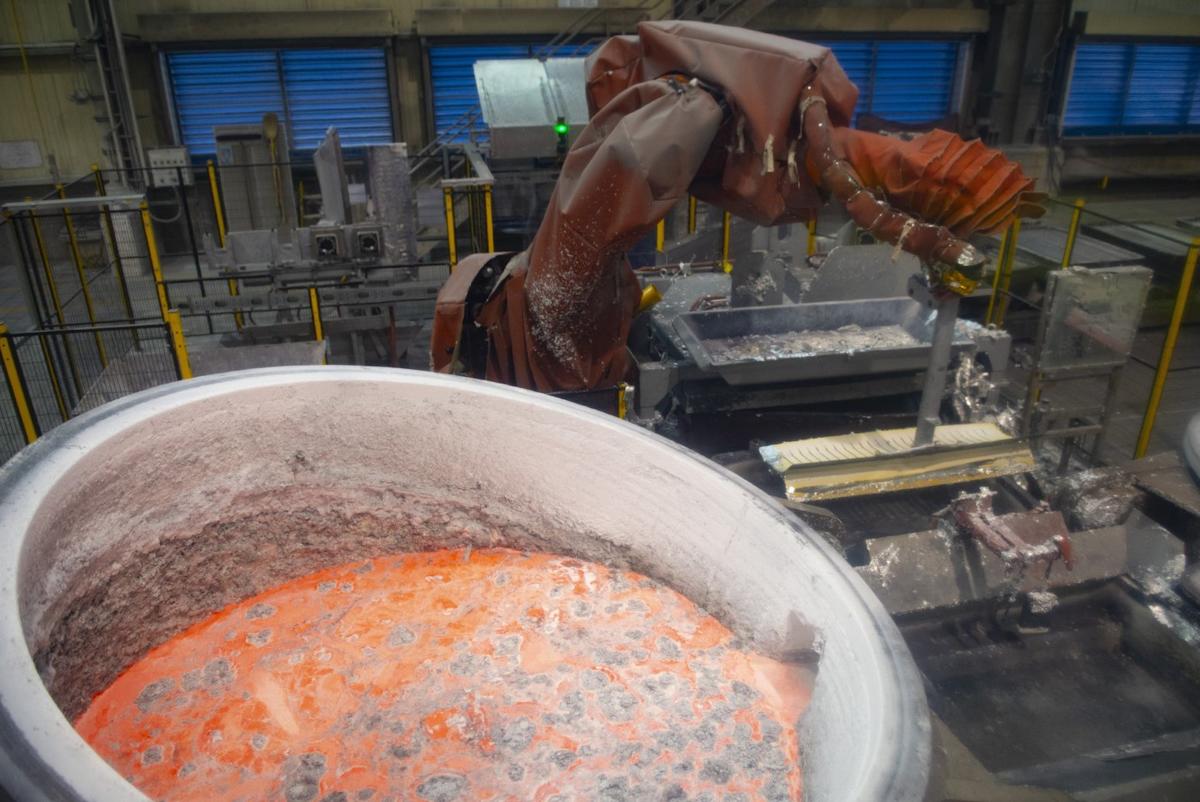TORONTO — The costs and chaos being caused by metal tariffs are starting to build up after a month in effect, and there’s little hope they’ll be removed in the foreseeable future.
U.S. President Donald Trump imposed 25 per cent tariffs on Canadian steel and aluminum on March 12, raising significant concerns for a sector that exported around $35 billion of metal to the U.S. last year.
It’s still not clear how much higher the tariffs will push consumer prices and translate into reduced demand, but industry insiders say the risks are building.
The aluminum tariffs alone add about $3,000 to the cost of an F150 truck, Aluminum Association of Canada CEO Jean Simard said. Add in the steel tariffs, and auto tariffs, and it means about $12,000 more in input costs.
“That’s destructive,” he said.
While Canadian aluminum producers have been able to pass on their higher costs, the tariffs now in place could mean reduced demand in the automotive and construction sectors that are the two biggest customers, Simard said.
“So there’s just that whole domino effect that comes into play, and we’re at the end of this.”
And while somewhat insulated so far, companies are taking a financial hit already.
Alcoa Corp. reported last week that its last quarter saw a US$20-million hit from tariffs, and that they could lead to a further US$90 million in additional costs in its second quarter.
The Pittsburgh-based company, which is also one of Canada’s largest aluminum producers, says its customers paying more should offset some, but not all of those costs.
Canadian steel producers don’t have the same ability to pass on higher costs to U.S. customers, said Catherine Cobden, head of the Canadian Steel Producers Association, leading to a more immediate hit.
“We’re starting to see layoffs already, and we’re starting to see investment deferrals and we’re seeing production curtailments.”
The economics of steel shipping also makes it so diversifying trading partners isn’t such an option, and there’s also a global glut in the metal to compound the pressures, so companies are struggling with the uncertainty.
“There is a significant amount of chaotic activity as people are pivoting around supply chains,” said Cobden.
“The market signals are not great.”
Cobden and the association are pushing the Canadian government to put in border protections to help buffer Canadian producers from cheap imports, so they can better weather the tariffs that don’t look to be short-term.
“How far layoffs go will directly depend on how much effort the government chooses to put into a new border measure to manage that situation.
Story Continues
